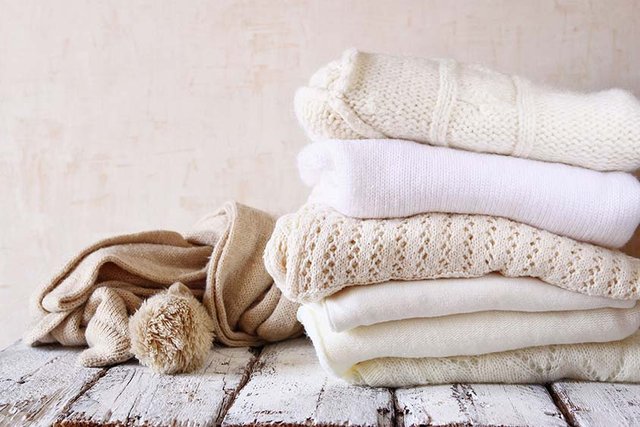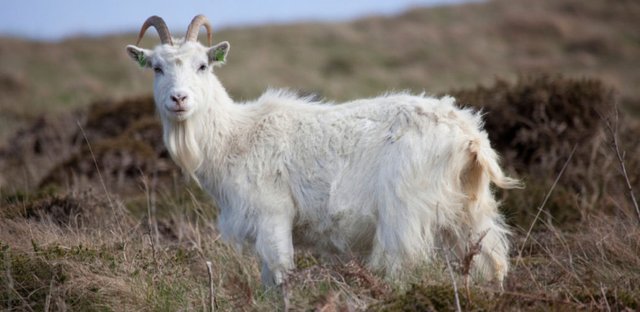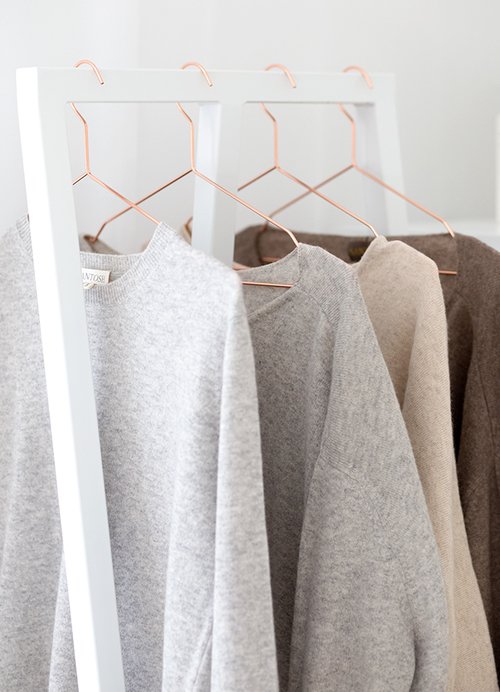The history of Cashmere- What makes it so special
Women love anything expensive and valuable and rightly so for quality goes hand in hand with price. This is precisely the reason why the fabled Cashmere is so famous and precious and all loved by people who want to stash this fine quality material. Cashmere often bears a hefty price tag and such exorbitance of the material can be attributed to its origins. This scarce material comes from the hair of Cashmere goats, also known as Chyangra goats that are mostly found in cold, dry and tough regions where these goats are bred for their wool.
The production of the wool is done through a labour intensive process where the wool is either shorn or combed off from the goats only once in a year. And the fact that it takes the wool of more than 3-4 goats to create a Cashmere staff only makes it more precious. The Pashmina scarf if another fine looking scarf that is made after an arduous process of shearing the hair off the underbelly of the Chyangra goat. However, there is beauty in labour and that is witnessed when you touch the soft and warm texture of a Cashmere or Pashmina scarf. The light weight fabric is considered to be eight times warmer than the sheep’s wool and it is very supple which makes you fall in love with it instantly.
How Cashmere joined the fashion wall of fame
Cashmere became popular in the fashion circles of Western Europe in the early 1800 and made its debut in Paris where the wife of a French General-in-Chief was first seen wearing it and adorning her style. Her husband had got the precious scarf while he was a cohort with Napoleon in Egypt. Subsequently, the Cashmere gained prominence on account of its wonderful texture and became a symbol of luxury. This fantastic material is supple and warm and is very lightweight in nature. Often known as a ring scarf, a full sized cashmere scarf can even pass through a small ring. That proves how amazingly soft and lissom the wool of cashmere is. For connoisseurs of Cashmere, the white Cashmere is the most valuable as white Cashmere fibres do not need much dye which helps them retain the natural softness and texture. This Cashmere is much less prone to the damages done to the fibres due to the dye.
Where to find the best Cashmere
Cashmere is derived from the region Kashmir, the region where the production and supply of this fabric originated in the early 13th century. The Cashmere goat, also known as Chyangra goat produces fleece that helps it to survive the dry conditions of the Himalayas. This region produces one of the finest Cashmere wool that you can find. However the largest exporter of Cashmere wool is Mongolia that produces the Cashmere wool from goats that are cultured in the Gobi desert. Due to the harsher terrain and better feeding conditions, the fleece of the coat here is of superior quality which makes the cashmere even softer. Mongolia exports the wool to most of the countries; however, China and Nepal also produce this amazingly soft and warm wool that has a rich history and heritage associated with its origins and making.




Great post!
Thanks dear. Just an insight into how this wonderful fabric that is loved worldwide is created.